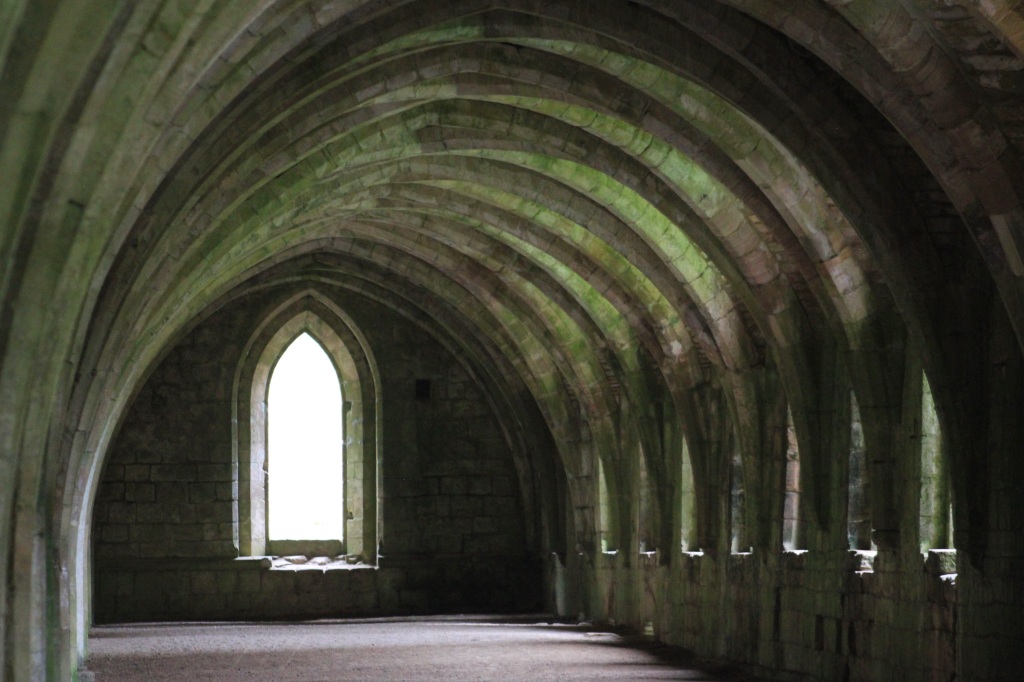I have no doubt that it is the first set of words I learned by heart. Not only a poem, but a prayer taught to me by parents, as their parents had, receding into a pre-Medieval time when some landowner, or Lord or Laird decided to accept the new religion. A curious collection of words first spoken two thousand years ago in Aramaic and translated into every language on the planet. Words said in every place where human beings have walked..
At a time when public knowledge about Christianity in the UK has certainly declined, along with the number of active worshipers, the Lord’s Prayer is perhaps the final vestige of faith for many. When I once attended a Delivery Suite to bless a still born baby the mother and her mother discussed with me what to include. ‘Oh you know’, the mother said, ‘what was that prayer gran liked?’ I wondered for a moment what collect or unusual prayer might be named but it was – as you’ve guessed – the ‘Our Father’.

I have been reminded of this while reading Stephen Cherry’s excellent Lent book Thy Will Be Done. It is a timely reminder of the centrality of this prayer in the life of both individual believers and the Church. During 20 years working as a hospital chaplain there was hardly an occasion when I would not use this prayer. At the bedsides of the dying, from the hours old to patients over 100. In emergency marriages with young people to the celebration of a Chapel’s 150th anniversary. Nor will I forget the patient who told me that he always began to say the Lord’s Prayer silently when he was finding it difficult to sleep – a mantra that would still his mind and bring rest.
At times it feels as though the prayer fits in my mind like a much turned stone sits in the hand. It is strong and enduring yet also fitting and weathered. Hard and weighty, it is familiar and comforting. As much a part of me as, I hope, I am of it and the God it addresses; the Son who taught it; and the Spirit that is the vital bridge between then and now, here and there; creator and created; me and us. One of the early reflections Cherry offers is a focus on the repeated us of the adjective ‘our’ rather than ‘my’. A key feature of the prayer is that reiterates the Christian understanding of our place in relationship, both with God and with our neighbours. The approach we make to God is in company and never wholly alone.

Perhaps for these reasons, at a moment I can no longer recall, I began introducing the Lord’s Prayer as ‘the family prayer of the Christian Church’. This became my practice when I was with people who may have been unfamiliar with the prayer or its place in the Christian faith. It brought into the isolation of a clinical room a sense of community and companionship. Links that were both local, to the homes and churches round the hospital, as well as offering connections to the past, a worldwide company of faith and the future. At many of these critical moments none of this was unpacked, but the prayer’s familiarity and depth travelled with those who left the hospital carrying their grief.

While spending a year in South America in my twenties it was one of my greatest frustrations that I couldn’t keep up with the congregation in saying the prayer in Spanish. At every service it felt like a moment when my separation from the other worshippers was most marked. However, in time, I learned and internalised the words and appreciated the new insights gained from the altered phonetics and different accent.
Visiting the Church of the Pater Noster on the Mount of Olives is an unforgettable reminder of this uniquely universal collection of words. Across the Church and its surroundings the prayer is written in over 140 languages. It would be easy to think that this familiarity generates a certain contempt, or failure to feel the heft of a form of language shared so far and wide. However, it navigates a set of relationships and obligations that continue to be radical and soul-shaping. This small piece of linguistic luggage travels with us with the reminder that humanity is about ‘our’ and not simply ‘my’. That daily needs cannot be taken for granted. nor the needs of our neighbours ignored. In seeking and addressing God we hunger for the Kingdom that is both different and better than our reality. As we talk to God about its coming rule, we express the desire to share in that ‘will’, playing our part in a world more aligned to God’s love.
If we are nearing the start of this pandemic’s ending, here is the prayer that will remind us that picking up where we left-off isn’t good enough. This is an experience we cannot leave without first seeking learning and wisdom. The pandemic has revealed the evils and disastrous consequences of allowing injustices to thrive in our world. Only when we can understand the trespasses that continue to sustain a frighteningly unequal world, can we begin to work with greater determination for that more perfect will for which we pray.
